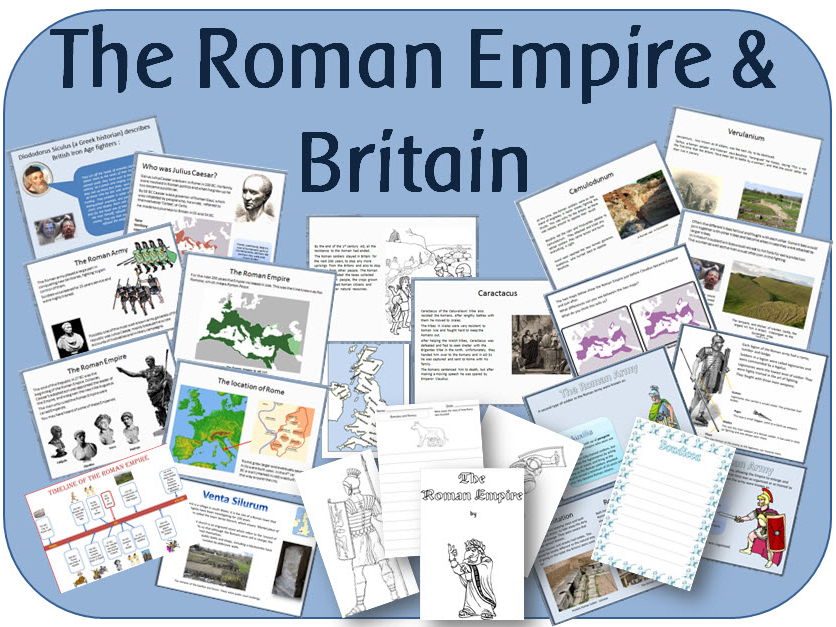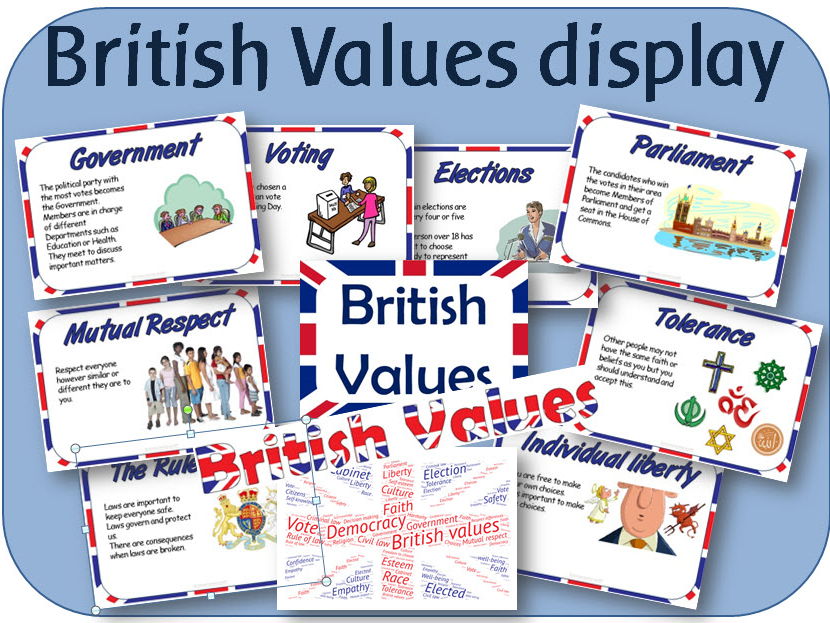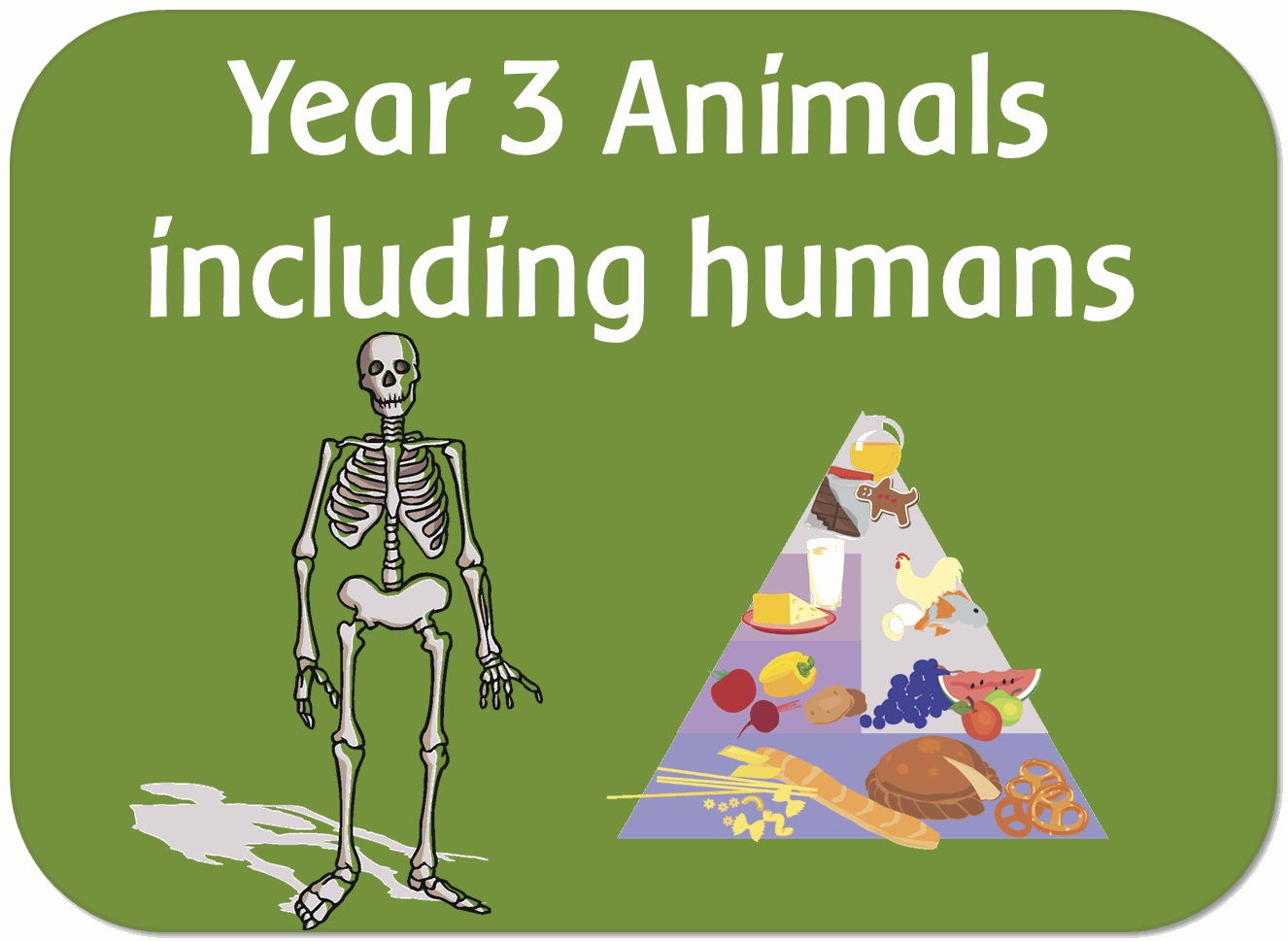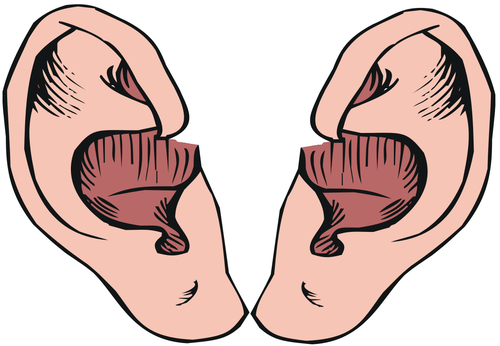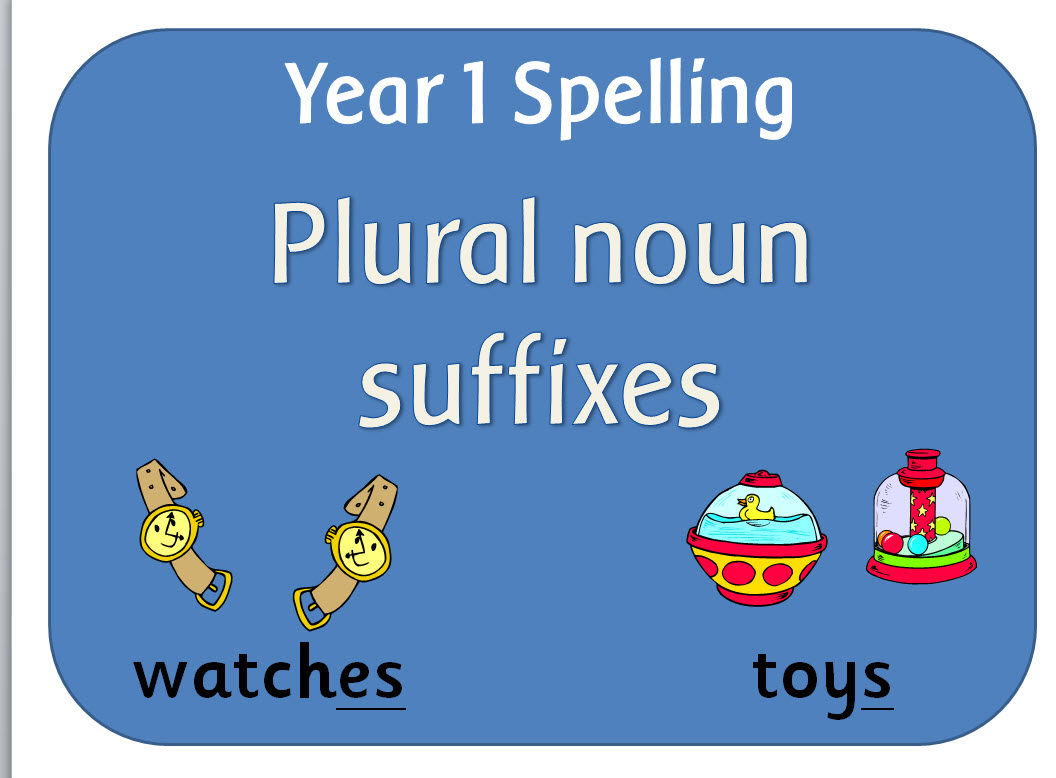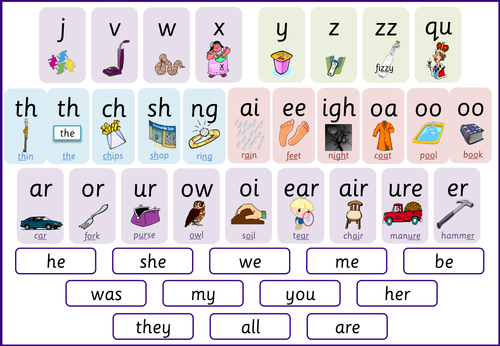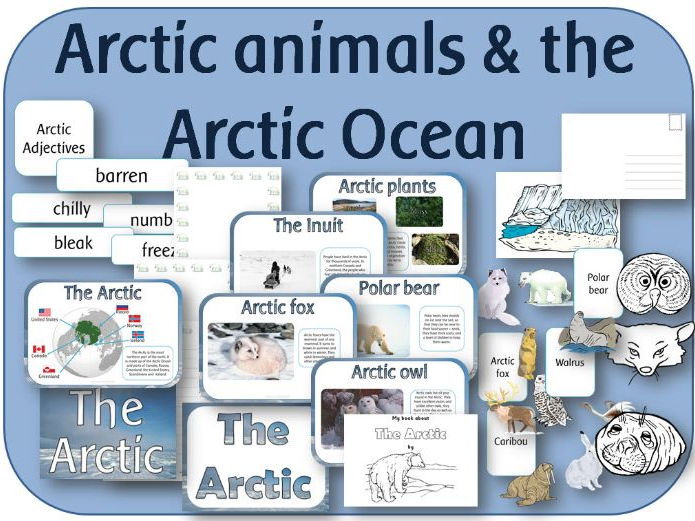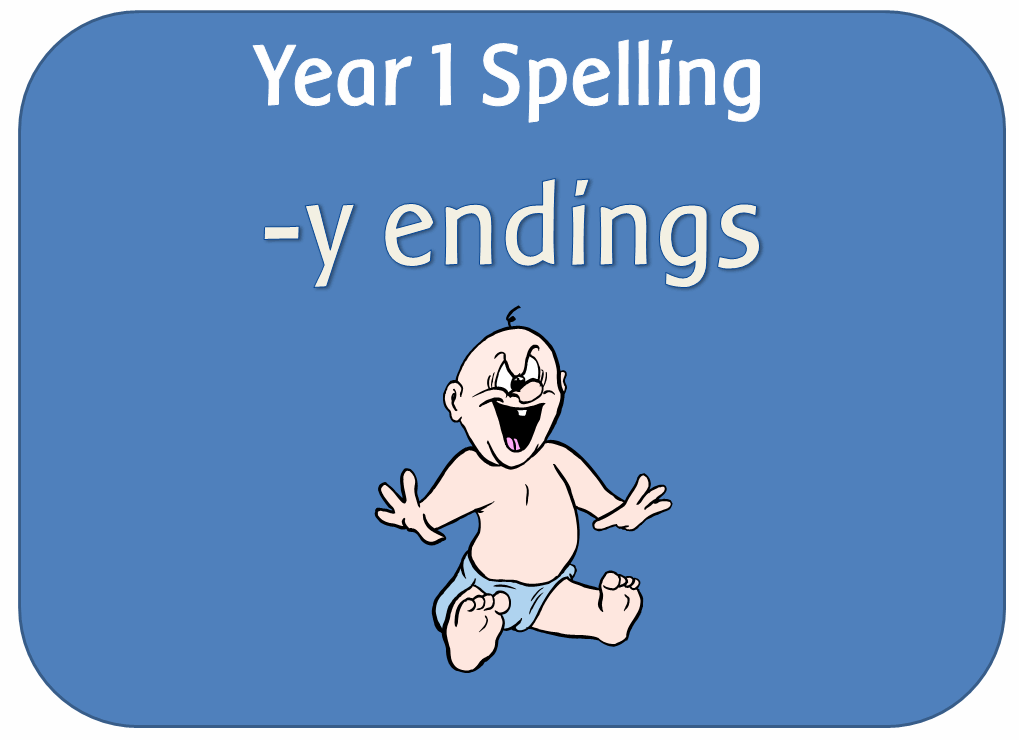
404Uploads
1100k+Views
694k+Downloads

Year 3 science - Animals including humans worksheets, powerpoints, planning and display
A set of resources looking at how animals need the right types and amount of nutrition; and how humans and some other animals have skeletons and muscles for support, protection and movement.

Phase 1 Aspect 1 Environmental Sounds Letters and Sounds Phonics resource pack
A mixture of powerpoints and printable activities to encourage sound discrimination by listening to sounds in the environment.

Spag Punctuation posters: KS1 KS2 Years 1 to 6 display pack
A set of 22 A4 posters describing, naming and explaining different types of punctuation
The posters cover all the punctuation outlined in the English National Curriculum.
The titles of the posters are:
Punctuation
Capital letters
Spaces
Sentence
Full stop
Question mark
Exclamation mark
Apostrophes for contractions
Apostrophes for ownership
Comma
Commas for lists
Inverted commas
Ellipsis
Hyphen
Colons to introduce a list
Colons for independent clauses
Semi-colon
Bullet points
Dash
Brackets
Plus 2 'DO NOT...' posters:
Do not use an apostrophe for 'its' when it is a possessive adjective
Do not use an apostrophe for plurals
Each poster contains the title and explanation and an image / examples
Plus a 'Punctuation' banner that prints onto 3 A4 pages and a border to frame a display.

Pirates topic pack: Powerpoints, activities and display
POWERPOINTS:
Pirates Introduction: Explains the history of pirates, who they were, where they operated and what they did.
Pirate Life:
Daily life of pirates; pirate flags; injuries; pirate attacks; punishments; code of conduct etc.
Henry Morgan - the king of pirates: His life story
Famous Pirates: Includes Blackbeard, Black Bart, Black Sam, Anne Bonney, Captain Kidd; with facts of their lives and their pirate flags.
Pirate Activities: Fun things to do, songs etc.
Pirate glossary: 25 pages explaining different pirate terms /objects etc
Pirate Shipwreck: Recount of the sinking of the Whyday, and how it was discovered nearly 300 years later.
DISPLAY
Pirates lettering v1 - Colourful lettering - spells out ‘Pirates’, plus all upper and lower case letters and numbers included so that you can print and cut out what you need to personalise your display.
Pirates banner - prints onto 2 A4 sheets
Pirate word / help mat - with vocabulary and pictures to help support writing tasks.
Pirate vocabulary - 12 A4 sheets with pictures and short descriptions. Includes anchor, deck, black jack, booty, cannon, compass, cutlass, maroon, mutiny, rigging, telescope and treasure map.
Pirate sayings - 11 A4 sheets with pictures. Includes Ship ahoy! Avast! Shiver me timbers! Yo ho ho! Thar she blows! Walk the plank!
PRINTABLE ACTIVITIES
Pirate invitations
Topic covers - 8 different versions, portrait and landscape
Treasure maps to colour and finish
Writing borders, lined and unlined, portrait and landscape with a pirate hat border.
Pirate colouring sheets - famous pirates plus others
Pirate flag colouring sheets
Treasure maps colouring pages
Blank treasure map
Blank pirate flag

SPaG Year 1 Spelling: Adding s and es to words (plural of nouns and third person singular of verbs)
A set of resources to teach the guideline/rule in the Spelling Appendix: If the ending sounds like /s/ or /z/, it is spelt as –s. If the ending sounds like /ɪz/ and forms an extra syllable or ‘beat’ in the word, it is spelt as –es.
4 POWERPOINTS:
Introduction to regular plural noun suffixes: Explains what singular and plural is, and when to add s or es to nouns.
Regular suffix s and es sentences: Gives the spelling rule, if the ending sounds like /s/ or /z/, it is spelt as s. If the ending sounds like /ɪz/ and forms an extra syllable or ‘beat’ in the word, it is spelt as es. It gives examples of different types of words with these endings and ends with sentences for children to think of the missing plural word.
s or es quiz: Interactive quiz where the children have to choose between adding s or es.
ACTIVITIES:
Adding s or es worksheet: A list of words to make plural.
Show me cards - s or es
WORD:
Outline adaptable plan
List of words with plurals and verbs ending -es

Transport topic - canals powerpoint
Powerpoint on the development of canals and canals around the world today. Explains how canals were the method of transporting goods before the railways; how the barges were pulled along by horses; and how they were built.

The Inuit - powerpoint and heading
The powerpoint covers the following:
Who are the Inuit?
Traditional Inuit homes
Modern Inuit homes
Modern villages
Traditional Clothing
Modern Inuit Clothing
Inuit food
Inuit art
Inuit tools
Seals
Fish
Hunting
Whales
Language
Inuit travel - on land and sea

Letters and Sounds Phase 3 word / help mats
The picture grapheme and word mat:
This word mat is to aid in the teaching and learning of sounds and tricky words in phase 3. Each letter is accompanied by a relevant picture, to give children visual cues to help them learn each grapheme. Each group is represented in a different colour, so that it is easy to focus on the letter sounds being learnt. Also on the word mat are the 12 tricky words from phase 3 for the children to learn.
Grapheme and word mat:
The second word mat is similar to the first, but with the visual cues removed, to help those children who know which letters represent which sounds, but still need prompts to recognise the written letters.
Phase 3 word mat - contains visual cues for Jolly Phonics.

The Arctic: ( animals and Ocean) powerpoint,display, worksheets and activities
A set of printable resources (display, worksheets, games and activities) plus a PowerPoint about the Arctic, the Arctic Ocean and animals in the Arctic.
The set contains:
The Arctic PowerPoint. It covers:
What is the weather like in the Arctic?
Where is the Arctic?
What is the Arctic Circle?
The North Pole
What plants grow in the Arctic Circle
What animals live in the Arctic Circle - herbivores and predators
Arctic birds
Arctic whales
Arctic sea animals
Humans and the Arctic
2 A4 headings
Alphabet polar bears
Anagram worksheet - Arctic animals
A-Z lettering with an snowy background; all letters of the alphabet, plus numbers and punctuation, plus ‘The Arctic’ in large letters
Bookmarks to cut out and colour, with polar bears
Display border - with pictures of polar bears
Cards - Arctic animals for games or display
Factfile sheets - for children to research and fill in
Flags - The countries bordering the Arctic Circle
Map showing satellite imagery of the Arctic Circle
A map of the Arctic Circle
Masks - black and white animals from the Arctic
Number line to 20 with digits and written numbers with a polar bear background
Passport to fill in for a trip to the Arctic
Pictures of Arctic animals to cut out and use in topic work
Pictures of Arctic animals to print out for display
Postcard to write from the Arctic
Set of posters with explanations and photographs of:
The location of the Arctic
Arctic plants
The Inuit
Arctic animals
Polar bear
Wolverine
Arctic fox
Arctic owl
Arctic tern
Snow geese
Arctic hare
Arctic squirrel
Lemming
Seal
Muscox
Caribou
Walrus
Topic covers - 3 different versions
Vocabulary cards - Arctic adjectives for composition
Writing border sheets - lined and unlined

Short history of the United Kingdom powerpoint
A 14 page powerpoint suitable for primary children showing the changes in the four countries of the UK from the Iron Age tribes to today. The presentation explains how Scotland, England, Wales and Ireland got their names, and how Britain and the UK were names.
The pages are headed:
Iron Age Tribes
The Roman Conquest
Anglo-Saxons
The Vikings
The Norman Conquest
The Middle Ages
The Tudors
The Stuarts
Georgian Britain
Victorian Britain and the British Empire
Irish Independence
The Commonwealth
The European Union

SPaG Year 1 Spelling pack: Words ending in y
A set of resources to teach the guideline/rule in the Spelling Appendix:
When a word ends in an /i:/(‘ee’) or /ɪ/ (‘i’) sound, it can be spelt –y.
POWERPOINT: Explains the spelling rule and gives examples of words for a class activity where the children can try to spell the words.

Famous Explorers Christopher Columbus & Neil Armstrong pack: powerpoints, worksheets, and display
A set of worksheets / activities / display / planning resources for looking at the lives of 2 significant individuals in the past and comparing aspects of life in the periods they lived.
POWERPOINTS:
Who were Columbus and Armstrong: An introduction to the topic. It shows three pictures of each explorer, asking the children to look at the pictures and find out information.
Christopher Columbus: A 24 page lesson, looking at his life story, and his first journey across the Atlantic.
Neil Armstrong: A 19 page powerpoint, looking at the story of his life and his journey to the moon
Comparison of life in the different time periods: Shows the different explorers and where they lived on a simple timeline. It compares different aspects of life in both their lives including aspects such as transport, knowledge of the world, houses, food and uniforms.
DISPLAY (pdf):
A-Z lettering x 2, one with a sea background and Christopher Columbus banner, and one with a space background and Neil Armstrong banner
Portraits of the two men in picture frames
A4 title - Christopher Columbus (x 2 versions)
A4 title - Neil Armstrong (x 2 versions)
World maps x 2 from the different time periods
ACTIVITIES (pdf)
Cards - 12 different cards with objects that both explorers would have used. Can be used in card games, or for cutting and sticking sorting activities.
Topic covers x 6 different layouts for Christopher Columbus
Topic covers x 6 different layouts for Neil Armstrong
Writing sheets (x 4 lined and unlined) with Christopher Columbus border
Writing sheets (x 4 lined and unlined) with Astronaut border

The Roman Empire and its impact on Britain pack - Powerpoints , activities and worksheets
POWERPOINTS:
THE ROMAN EMPIRE INTRODUCTION: Introduces the topic by putting the era in context with the Stone Age, Bronze Age and Iron Age in Britain, on a timeline. It includes an explanation of how Rome was founded, where it is, and how it changed from a kingdom to a republic and then an empire.
JULIUS CAESAR: Explains who Julius Caesar was and the attempted invasions in 55 and 54BC.
THE ROMAN EMPIRE BY AD 42: Begins by discussing the assassination of Julius Caesar and the formation of the Roman Empire. Looks at the first Emperor, Augustus, mentions Tiberius and Caligula, then talks about Claudius and how he gained power. Then looks at the Roman way of life in the Empire, how powerful it was and what area it covered.
THE ROMAN ARMY: Investigates how the Roman Army was made up; of centuria, cohorts and legions; and auxiliary soldiers.Looks at how they were trained, what types of jobs they did, and why nobody could beat them in battle.
THE ROMAN INVASION OF BRITAIN: A detailed account of the invasion by Claudius in AD 43, British resistance by Boudicca and Caractacus, Hadrian's Wall, and the end of Roman rule.
THE ROMANISATION OF BRITAIN: Looks at how the Romans build civitas, or towns for different tribes in Britain, looking briefly at Caerwent. Explains and gives examples of Roman technology, culture and beliefs and what lasting impacts they have had.
TIMELINE OF THE ROMAN EMPIRE: A 1 page timeline, can be printed or viewed as an animated show.
TRIBES CONQUERED BY THE ROMANS: A 4 page presentation, detailing how the Romans conquered each tribe in Britain. Can be printed or viewed as a show.
WORKSHEETS:
Roman Empire topic covers x 4
What I already know / would like to find out about the Roman Empire
Worksheet - Romulus and Remus
Writing sheets - Julius Caesar (lined and unlined)
Blank map of Europe
Worksheet - living in the Roman Empire in AD 42
Design a Roman scutum
Worksheet - weapons of a Roman soldier
Pictures of Roman soldiers in black and white
Writing sheets - The Roman Army (lined and unlined)
Map of tribes in Britain
Tribes in the local area
Worksheet - Living in Britain in the Iron Age
Writing sheet - Boudicca
Report writing sheet - Roman settlements in the local area
OTHER:
De Bello Gallico - Accounts written by Julius Caesar of his first and second visits to Britain
Roman Empire Planning - An adaptable outline medium term plan in Word

Britain's settlement by Anglo-Saxons and Scots: PowerPoint lessons, worksheets & topic plan
A series of lessons to cover the objectives in the history curriculum 2014:
POWERPOINTS
Romans and Scots: A look at the Roman withdrawal from Britain in around AD 410, the fall of the western Roman Empire due to barbarian attacks and the Scots invasions from Ireland to north Britain.
The Anglo Saxons (invasions, settlements and kingdoms: place names and village life): A 38 page powerpoint with a contents page so it can be taught as an overview or an in-depth study. Introduces the topic with a timeline and a map showing where the Angles, Saxons and Jutes came from and where they settled in Britain. Looks at the seven main Anglo-Saxon kingdoms of Essex, Kent, Sussex, Wessex, East Anglia, Mercia and Northumbria, showing maps of each region and giving information on important kings. Mentions the current debate about whether Britain was invaded or peacefully settled by the Anglo-Saxons. Gives examples of place names and a list of Anglo-Saxon words and their meanings that many place names have originated from. Ends with a look at Anglo-Saxon village life.
Anglo-Saxon art and culture: Includes the Anglo-Saxon runic alphabet, literature such as Beowulf and the Anglo-Saxon Chronicles, the Bayeux Tapestry, and looks closely at Anglo-Saxon art
Christian conversion: Explains the pagan religion of the Anglo-Saxons then the rise of Christianity in Britain from monasteries in Iona, Lindisfarne and Canterbury. Explains the difference between the Celtic Christianity and the Roman Christianity, and how problems were solved at the Synod of Whitby.
Sutton Hoo discovery: An in-depth look at the ship burial at Sutton Hoo and the artefacts found.
WORKSHEETS AND ACTIVITIES
Topic booklet covers
What I know about the Romans & Anglo-Saxons
Dal Riata writing templates
Romans writing template
Anglo-Saxon arrival in Britain
Anglo-Saxon kingdoms map
Anglo-Saxon place names
The Anglo-Saxon Chronicles (in English)
The story of Beowulf (English translation)
Writing with runes
Calligraphic writing x 2 versions
Illuminated letters: Large letters to colour like the monks
Iona, Canterbury and Lindisfarne worksheet
Writing border - saints
Writing sheet - monks
Blank map
Writing border - Anglo-Saxons
Writing border - monks

Mountains display pack
This resource contains headings, vocabulary and posters, all in pdf format on CD to print out for a Mountains display
MOUNTAINS LETTERING - This lettering is to cut out for display. 'MOUNTAINS' / 'THE MOUNTAIN ENVIRONMENT' is written out, which can either be printed as a banner, or cut out for display. There are also all upper and lower case letters and numbers included so that you can print out whatever you need to personalise your display.
THE MOUNTAIN ENVIRONMENT A4 HEADER - to print.
MOUNTAINS VOCABULARY DISPLAY - With headings and photographs (2 per A4 sheet - Includes blizzard, avalanche, snowdrift, snow, hail stones, snow flake, alpine glow, flood, peak, mountain range, base station, mountain tourism, ski run, litter, mountain, hill, flora and fauna.)
MOUNTAINS POSTERS - 15 A4 sheets, with explanations and descriptions:
What is a mountain?
Plate tectonics (x2)
Fold mountains
Fault-block mountains
Volcanic mountains
Dome mountains
Plateau mountains
Mountain climates
Mountain temperatures
Mountain weather
Mountain rainfall
Mountain ranges - map
Seven Summits - map
UK mountains - map

Tocuaro & Mexico - Powerpoint lessons, worksheets and activities
A set of geography resources looking at where Tocuaro is and what it is like there.
POWERPOINTS
Tocuaro mind map: For the beginning of the topic, to record what the children already know.
Where is Tocuaro?: Shows the location of Tocuaro, in relation to the UK, Europe, and the rest of the world.
What is Tocuaro like?: Photographs of life in and around Tocuaro, for the children to look at to find information.
What is it like to live in Tocuaro?: Photographs of a Mexican family, different types of jobs and activities, food, dining, school, and traditional costumes.
Is life in Mexico similar to life in the UK?: Photographs showing different aspects of life in Tocuaro and Mexico - street scenes; church; market stalls; crafts; houses; children; high street; washing clothes, and cooking.
PRINTABLE RESOURCES (PDF)
How to get to Tocuaro: A world map for the children to draw a route from their home town to Mexico.
What is it like in Tocuaro: Three versions for different abilities - to write down what they think Tocuaro is like.
Similarities and Differences: Worksheet for writing lists of similarities and differences.
Mask template x 3: For the children to design their own mask.

Portugal powerpoint and headings
The powerpoint covers the following:
Where is Portugal?: With maps showing the location of Portugal.
What is Portugal like?: Images of Portugal; different geographical features
Living in Portugal: Pictures of everyday life in Portugal - streets, shops, schools, houses etc.
Portuguese people: What life is like in Portugal - culture, traditional dress, language etc
The history of Portugal: a brief history from Roman times to present.

Year 6 science - Light - powerpoint lessons, worksheets and display pack
A set of IWB lessons, worksheets, activities, planning and display resources to teach about light, shadows, reflection and refraction following the objectives in the new science curriculum.
The pack includes:
POWERPOINTS:
SEEING LIGHT: Recaps on previous learning, that the sun is the main source of light, and looks at other sources of light. It explains how light travels in straight lines and demonstrates how we can see objects when light reflects off them.
SHADOWS: Discusses how shadows are formed, and how they are changed when the source of the light moves.
REFLECTION, REFRACTION & LIGHT PHENOMENA: Explains how periscopes work, how objects seem to change when they are under water, how rainbows form, how soap bubbles reflect light, how coloured filters work, what night vision is, and briefly looks at other types of light that the children might have heard of.
WORKSHEETS AND ACTIVITIES:
Topic cover x 2
Concept worksheet
Worksheet to explain about light
Investigation cards to inspire different investigations
DISPLAY:
A4 Title
A-Z lettering
Vocabulary
INVESTIGATION:
A folder of blank investigation and recording sheets, plus bar charts
Plus a medium term plan with activities and web links

SPaG Year 2 Spelling: the /n/ sound spelt kn and gn
A set of resources looking at the /n/ sound spelt kn and gn at the beginning of words.
POWERPOINT: Explains the spelling and gives a short explanation of why these types of word exist, then gives examples for the children to read. Then there is a spelling activity, using a look, hide and check format
BINGO: Two sets, kn words and kn and gn words
CARDS: Matching cards with words and pictures
WORDSEARCH: kn words
WORD DOCUMENTS: Lists of words and a planning document.

SPaG Year 3 Grammar: Formation of nouns using a range of prefixes
The first powerpoint recaps the terminology noun and prefix then explains how prefixes are added to words and change their meaning. Gives some examples of words with the prefixes super, auto, anti and tele and asks how the meanings have changed.
The second powerpoint looks at a range of prefixes the children should have covered in Y2 and introduces new ones alongside their meanings.
PDF WORKSHEETS & ACTIVITIES:
Word list – nouns using prefixes
Fore/mid/sub jigsaw cards
Super/auto/anti jigsaw cards
Prefix anti worksheet
Prefix auto worksheet
Prefix super worksheet
DISPLAY:
Noun prefixes display
Plus a Y3 VG&P plan

